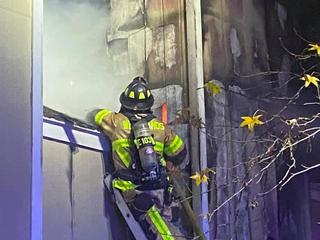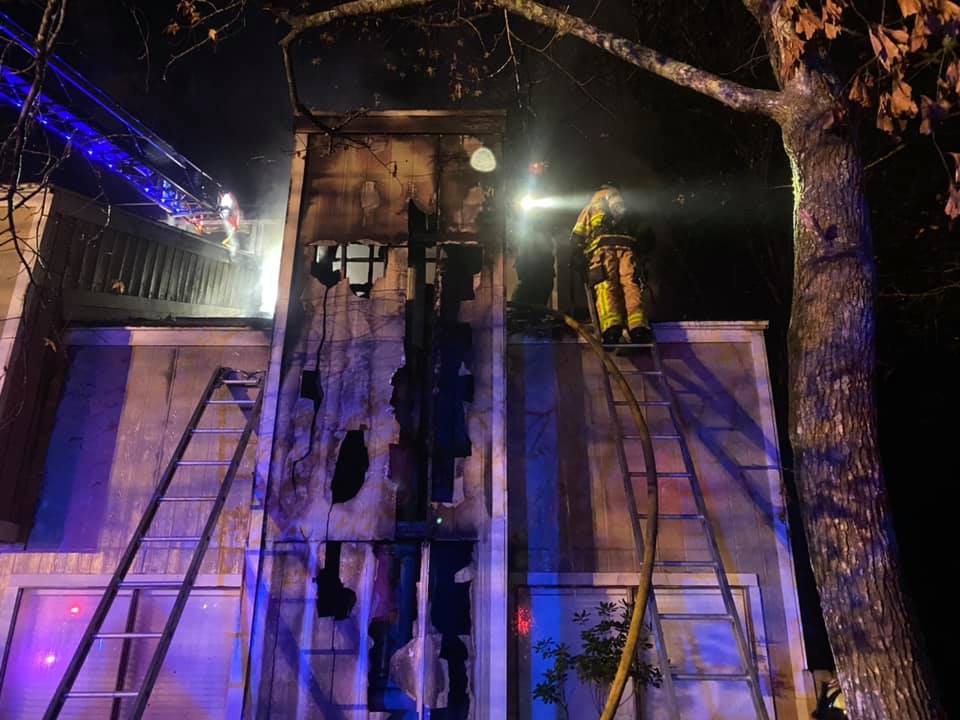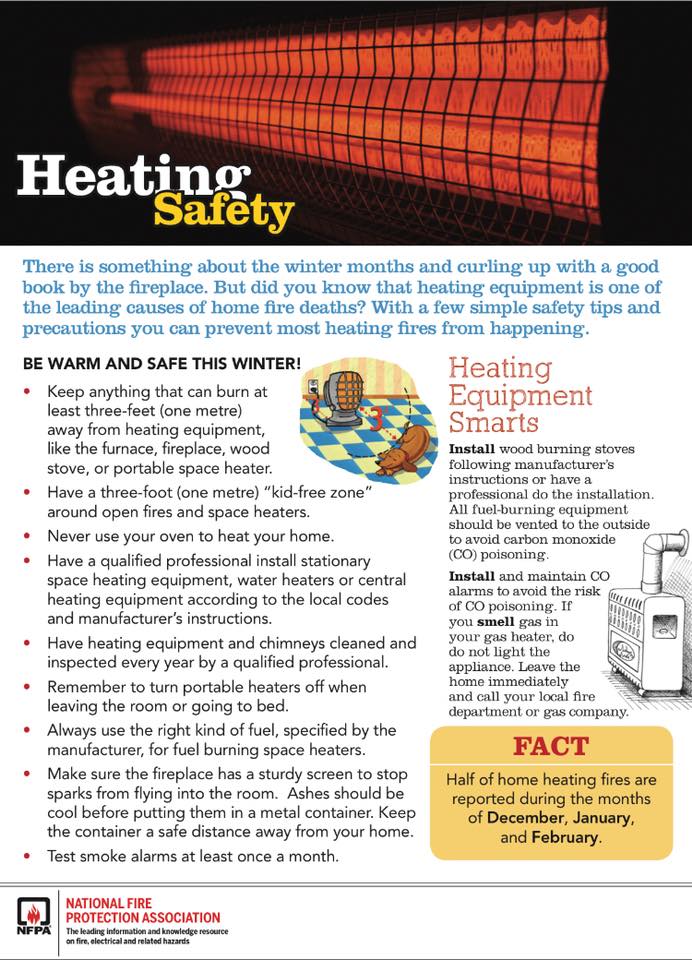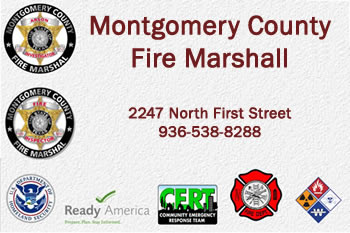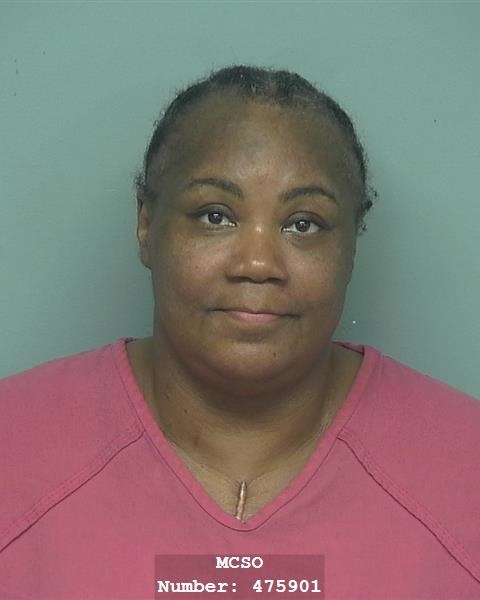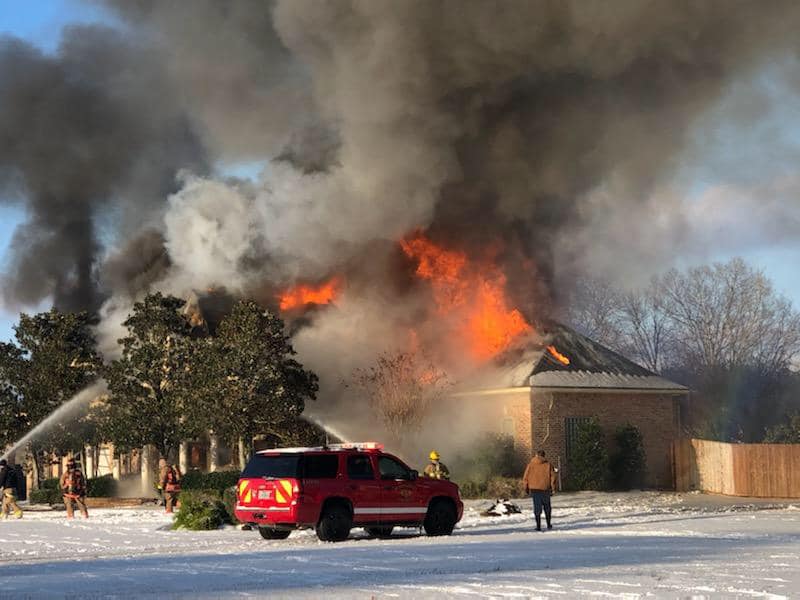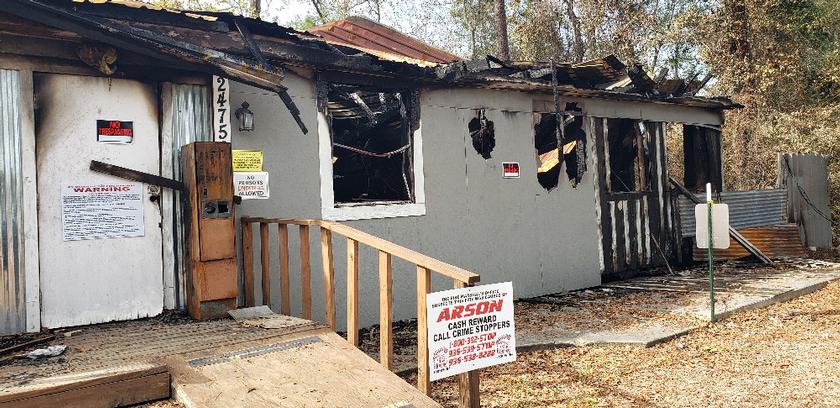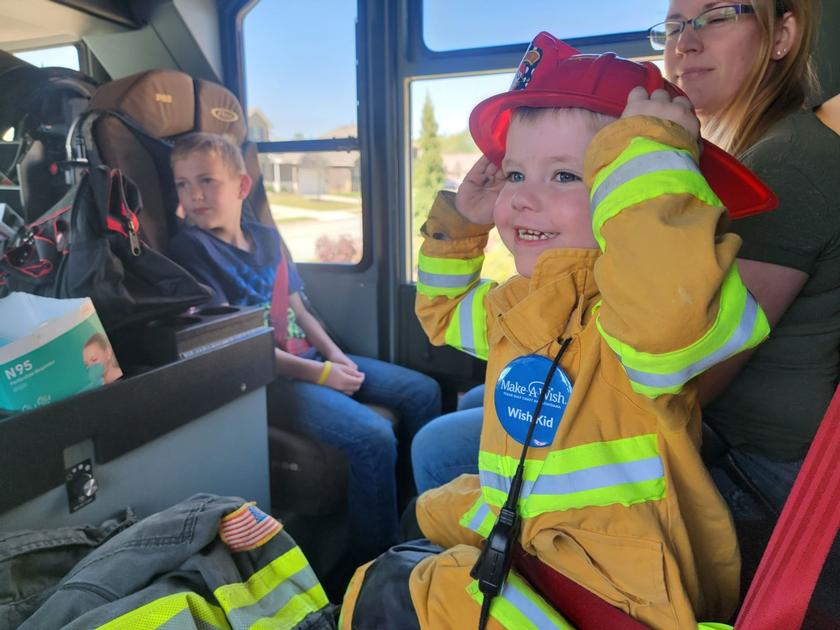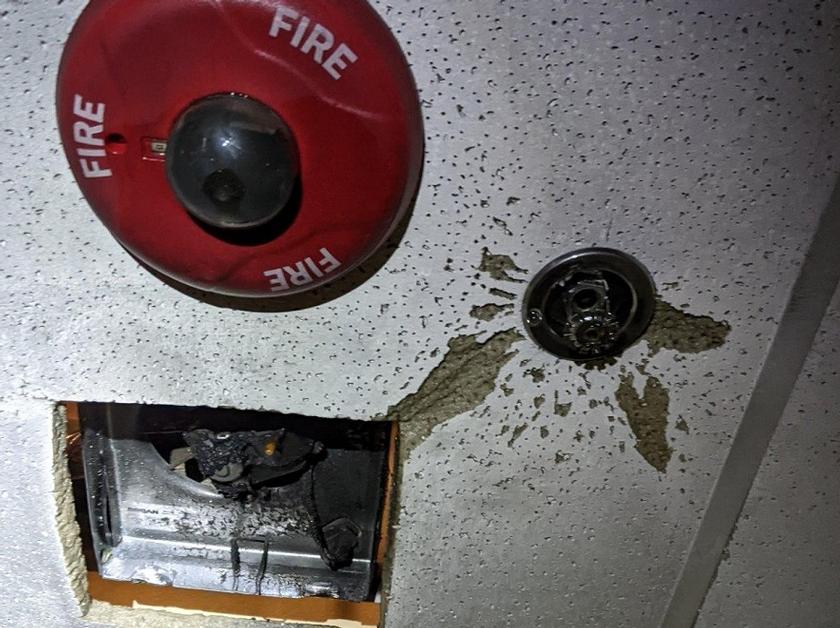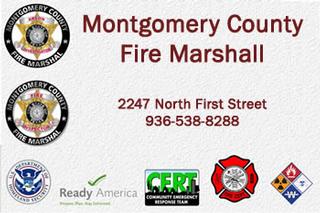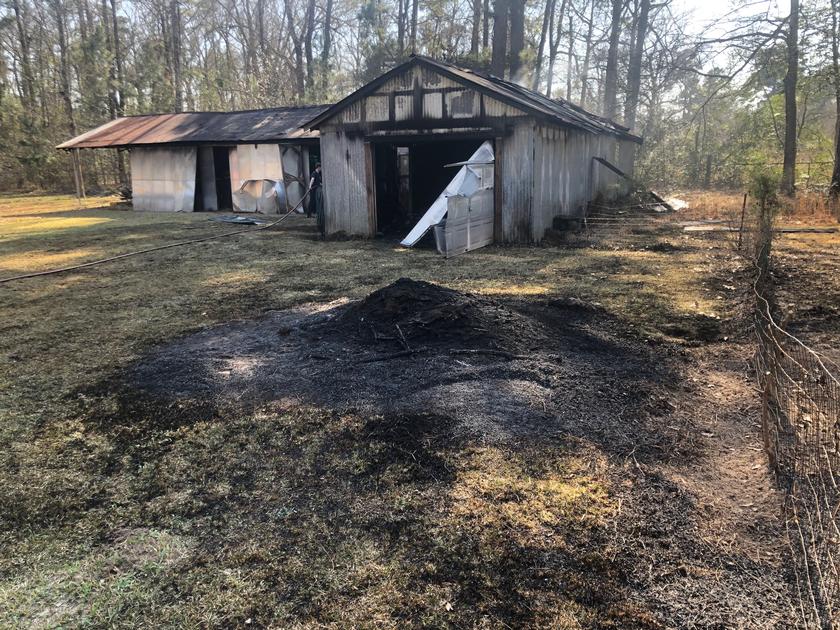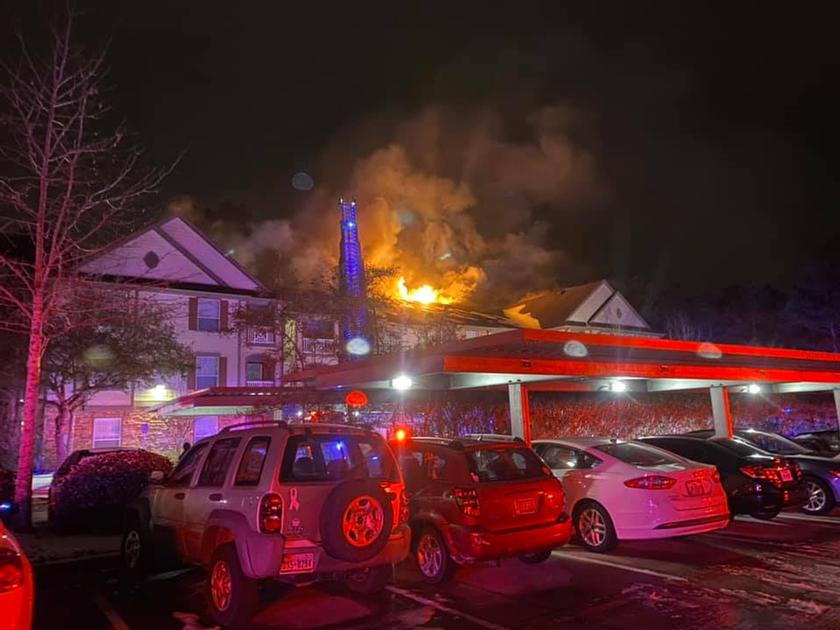- Sections :
- Crime & Public Safety
- Restaurants & Food
- Sports
- More
Categories
Plunging Temperatures set the stage for increased Risk of Home Heating Fires
THE WOODLANDS, TX - Overnight temperatures are forecast to fall well below freezing over the next several days, and some forecasts are calling for lows in the teens early next week. With these unusually low temps, many residents will be looking to alternative heat sources to stay warm. The forecast conditions represent dangerous cold weather and now is the time to prepare your own home and to check on your neighbors and the elderly. We can expect a spike in the number of home heating fires, but we can take steps to reduce the risk as well to prevent needless deaths or injuries.
Home heating fires often occur at the worst possible time, breaking out in the middle of the night while our families are asleep. Space heaters are especially deadly, accounting for 4 out of every 5 home heating fire deaths. The number one safety recommendation is to first and foremost have working smoke alarms throughout the home, especially in all sleeping areas. Having working smoke alarms dramatically increases your chances of surviving a fire.
According to NFPA’s latest heating equipment statistics, there was an annual average of 48,530 fires home heating fires between 2014 and 2018, resulting in an estimated 500 civilian deaths, 1,350 civilian injuries, and $1.1 billion in direct property damage.
Preventing Home Heating Fires
A leading factor contributing to home heating fire deaths was heating equipment too close to things that can burn, such as upholstered furniture, clothing, mattress, or bedding. Many heating fires can be prevented by following basic safety tips when dealing with any heating equipment:
• Keep or maintain a 3 foot clearance between all heating equipment and anything that can burn. Inspect and maintain heating equipment regularly for safety.
• Be sure to have fixed space heaters installed by a qualified technician, according to manufacturer’s instructions or applicable codes. Or, make sure a qualified technician checks to see the unit has been properly installed.
• When buying a new, portable space heater, make sure it has the label showing it is listed by a recognized testing laboratory, such as Underwriters Laboratories (UL).
• Space heaters should be turned off every time you leave the room and before going to bed.
• Choose space heaters that turn off automatically if they tip over.
• Never use a space heater to dry clothing.
• Do not use your oven to heat your home.
• Install smoke alarms in every bedroom, outside each sleeping area, and on every level of the home. For the best protection, interconnect all smoke alarms throughout the home. When one sounds, they all sound.
• Test smoke alarms monthly.
• If your home is equipped with gas appliances, install and maintain carbon monoxide alarms to avoid risk of carbon monoxide poisoning
Home heating fires often occur at the worst possible time, breaking out in the middle of the night while our families are asleep. Space heaters are especially deadly, accounting for 4 out of every 5 home heating fire deaths. The number one safety recommendation is to first and foremost have working smoke alarms throughout the home, especially in all sleeping areas. Having working smoke alarms dramatically increases your chances of surviving a fire.
According to NFPA’s latest heating equipment statistics, there was an annual average of 48,530 fires home heating fires between 2014 and 2018, resulting in an estimated 500 civilian deaths, 1,350 civilian injuries, and $1.1 billion in direct property damage.
Preventing Home Heating Fires
A leading factor contributing to home heating fire deaths was heating equipment too close to things that can burn, such as upholstered furniture, clothing, mattress, or bedding. Many heating fires can be prevented by following basic safety tips when dealing with any heating equipment:
• Keep or maintain a 3 foot clearance between all heating equipment and anything that can burn. Inspect and maintain heating equipment regularly for safety.
• Be sure to have fixed space heaters installed by a qualified technician, according to manufacturer’s instructions or applicable codes. Or, make sure a qualified technician checks to see the unit has been properly installed.
• When buying a new, portable space heater, make sure it has the label showing it is listed by a recognized testing laboratory, such as Underwriters Laboratories (UL).
• Space heaters should be turned off every time you leave the room and before going to bed.
• Choose space heaters that turn off automatically if they tip over.
• Never use a space heater to dry clothing.
• Do not use your oven to heat your home.
• Install smoke alarms in every bedroom, outside each sleeping area, and on every level of the home. For the best protection, interconnect all smoke alarms throughout the home. When one sounds, they all sound.
• Test smoke alarms monthly.
• If your home is equipped with gas appliances, install and maintain carbon monoxide alarms to avoid risk of carbon monoxide poisoning
Comments •

